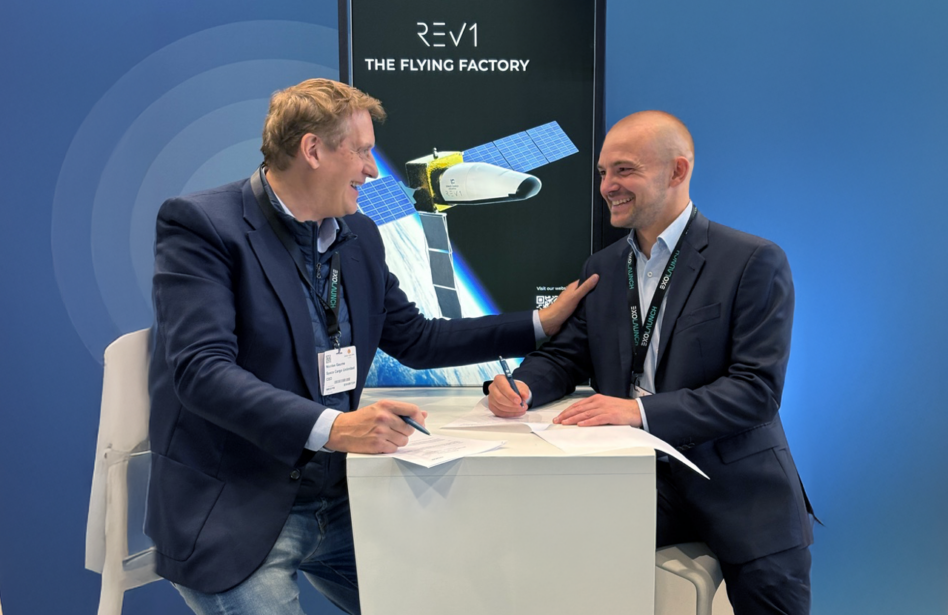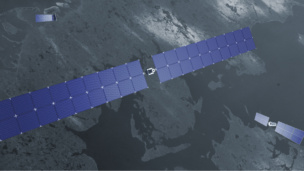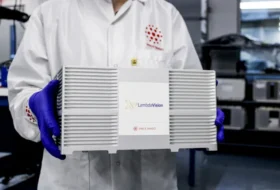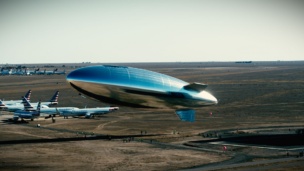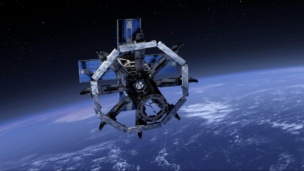Germany’s ATMOS Space Cargo and France’s Space Cargo Unlimited (SCU) are teaming up on seven free-flying orbital research missions, the two firms said Tuesday at the NewSpace Europe conference in Luxembourg.
Each comes at the problem of space industrialization from a different angle: SCU as a customer-facing integrator of novel science experiments, and ATMOS as the developer of a capsule with inflatable reentry technology.
The two companies plan to offer end-to-end service for payloads that need access to microgravity in LEO, with the promise to fly and return more often (and more cheaply) than payloads headed for the ISS.
By the numbers: The first mission will spend about two weeks at an altitude of 500 km and is scheduled to fly in Q4 2025 on a Falcon 9 rideshare. Customers have already booked 80% of available space, according to SCU CEO Nicolas Gaume, with the second and third missions already at 50% and 40% capacity.
Phoenix rising: ATMOS is developing a capsule called Phoenix with an inflatable atmospheric decelerator (IAD)—essentially a big balloon that slows and protects the vehicle as it reenters. The company expects to perform a test flight of Phoenix next year, ahead of the first mission with SCU.
“We are a logistics provider—we don’t care if it’s in-space manufacturing, for bio or for semiconductors, for agriculture, or if it’s even defense applications,” ATMOS CEO Sebastian Klaus said. “We specialize in bringing cargo back from space.”
Order up: SCU’s key product is its BENTOBOX, an in-space testing and manufacturing platform that the company developed after flying several research missions to the ISS and on Blue Origin’s New Shepard. The firm’s first research focused on viticulture and included a round trip to orbit for several bottles of expensive wine.
“We bootstrapped this company with space wine,” Gaume said. Now, “ATMOS is really unleashing our company to fly these factories.”
Early return: ATMOS is competing with capsule-builder The Exploration Company to win the first European commercial reentry license and expects to bring the first Phoenix back to Earth at Santa Maria island in the Azores.
Long game: Each company has broader ambitions in orbit, with SCU plotting an orbital factory dubbed Rev 1, while ATMOS hopes to use its IAD to return larger spacecraft and even launch vehicles safely to Earth for reuse.
